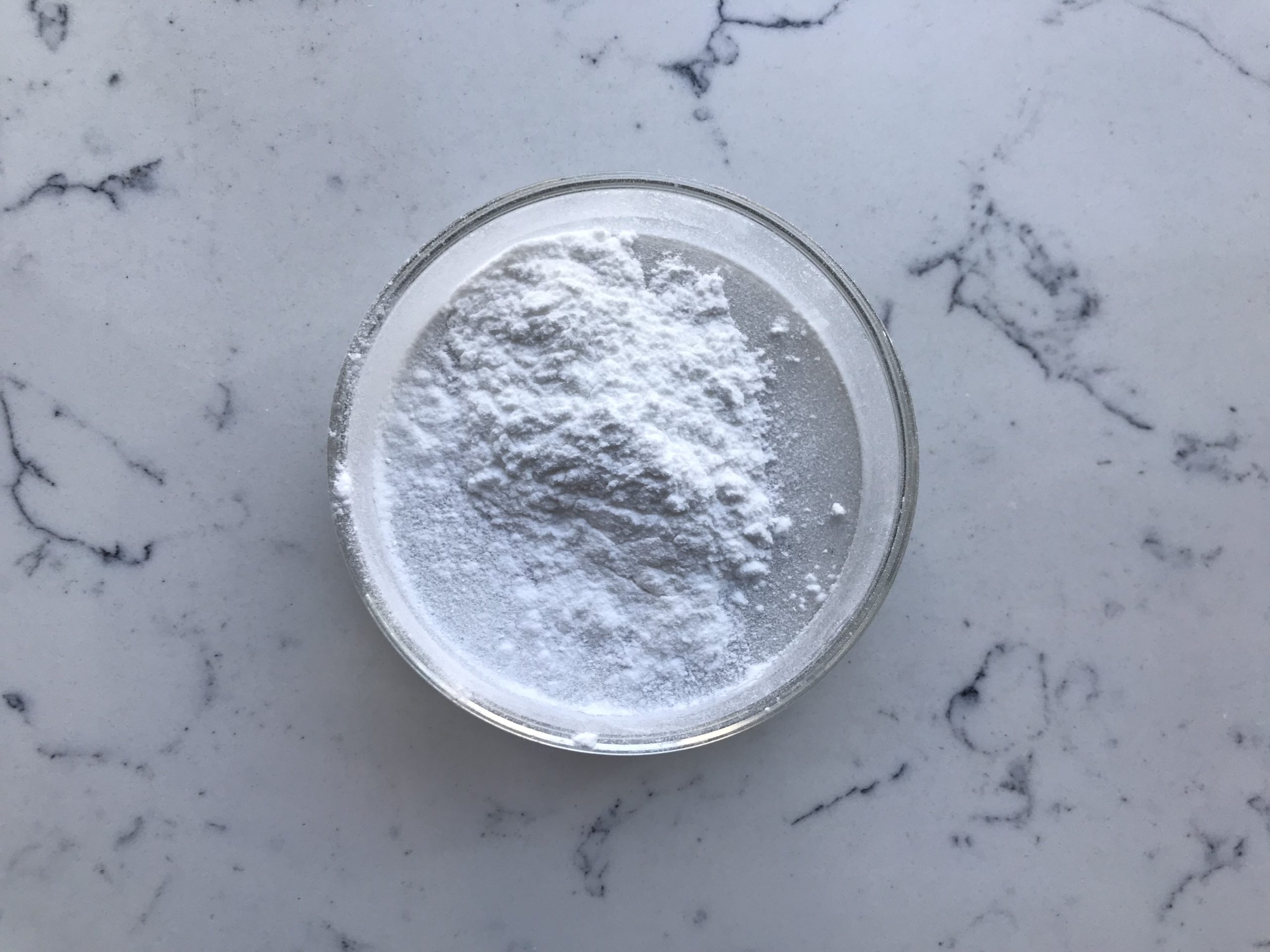A comprehensive study of DMSA (Dimercaptosuccinic acid) would involve examining various aspects of this compound, including its chemical properties, uses, mechanisms of action, medical applications, side effects, and more. DMSA is a chelating agent commonly used in medicine to treat heavy metal poisoning, particularly lead poisoning. Here’s a breakdown of the key aspects you might want to consider in your study:

Chemical Properties:
- Chemical formula: C4H6O4S2
- Molecular weight: 182.22 g/mol
- Structure: DMSA is a dithiol compound with two thiol groups that can bind to heavy metals.
Synthesis and Production:
- DMSA can be synthesized through chemical processes involving the reaction of succinic acid with sodium sulfide, followed by acidification.
Mechanism of Action:
- DMSA acts as a chelating agent, meaning it binds to heavy metals in the body and forms stable complexes that can be excreted through urine.
- DMSA primarily binds to metals like lead, mercury, and arsenic, facilitating their elimination from the body.
Medical Applications:
- Lead Poisoning Treatment: DMSA is FDA-approved for the treatment of lead poisoning, particularly in children with elevated blood lead levels.
- Mercury and Arsenic Poisoning: DMSA has also been used off-label for treating mercury and arsenic poisoning, though its efficacy for these metals is not as well-established.
Administration and Dosage:
- DMSA is usually administered orally as capsules or liquid formulations.
- Dosage depends on factors like the patient’s age, weight, and the severity of poisoning. A healthcare professional determines the appropriate dosage.
Clinical Studies and Effectiveness:
- Clinical studies have shown DMSA’s efficacy in reducing blood lead levels in lead-poisoned individuals, especially children.
- Further research is ongoing to determine its effectiveness for other heavy metals and to refine treatment protocols.
Side Effects and Safety:
- Common side effects include nausea, vomiting, abdominal discomfort, and transient changes in kidney function.
- DMSA may cause allergic reactions in some individuals.
- Long-term use can affect mineral balance and result in mineral deficiencies.
Contraindications and Precautions:
- DMSA is contraindicated in individuals with severe renal impairment.
- Pregnant and breastfeeding women should use DMSA with caution due to potential risks to the fetus or infant.
Comparisons with Other Chelating Agents:
- DMSA is often compared with another chelating agent called EDTA (ethylene diamine tetraacetic acid) for treating heavy metal poisoning. Each agent has its own advantages and limitations.
Future Research and Developments:
- Ongoing research aims to improve the specificity and effectiveness of DMSA for different heavy metals.
- Studies may explore the potential use of DMSA in combination with other therapies for enhanced heavy metal detoxification.
A comprehensive study of DMSA would delve into these aspects while considering the latest research findings and medical advancements up to the current date. Keep in mind that medical information can evolve, so it’s essential to consult recent and reliable sources for the most up-to-date information.
